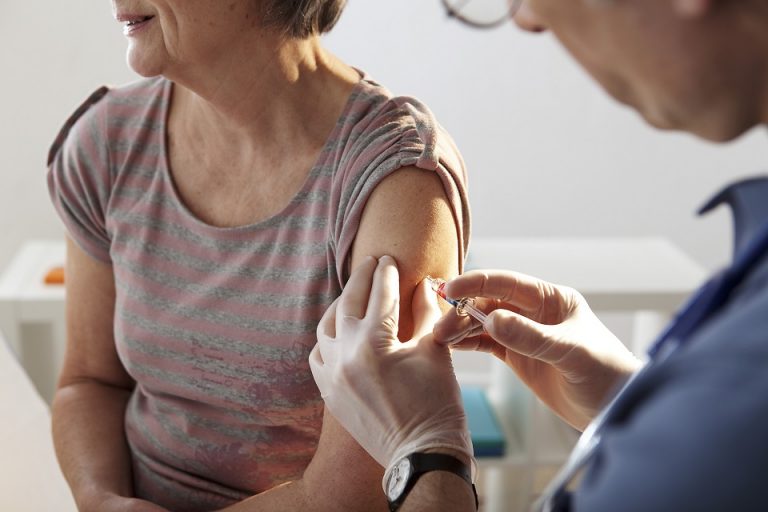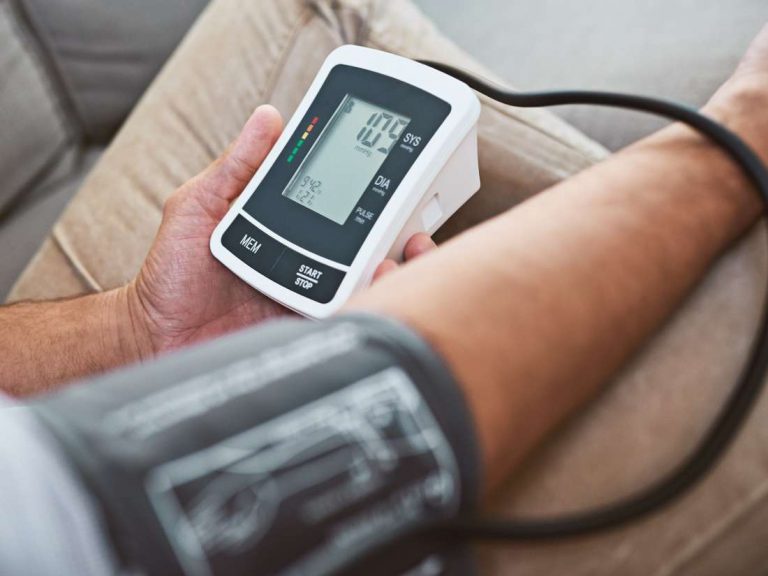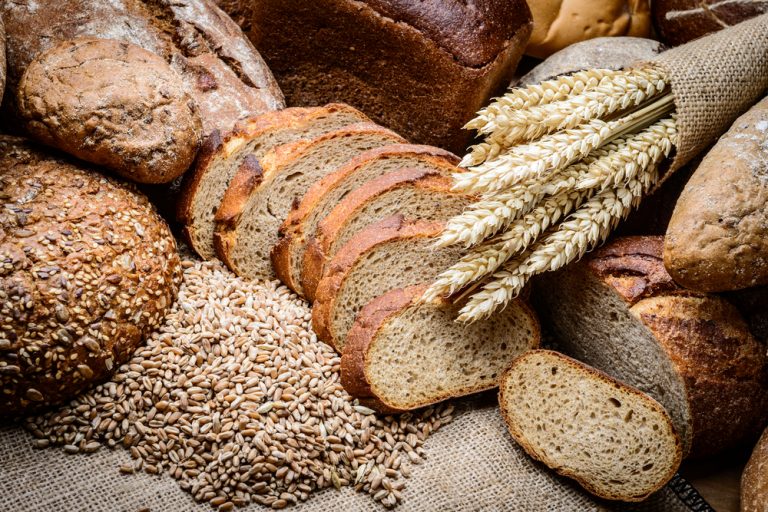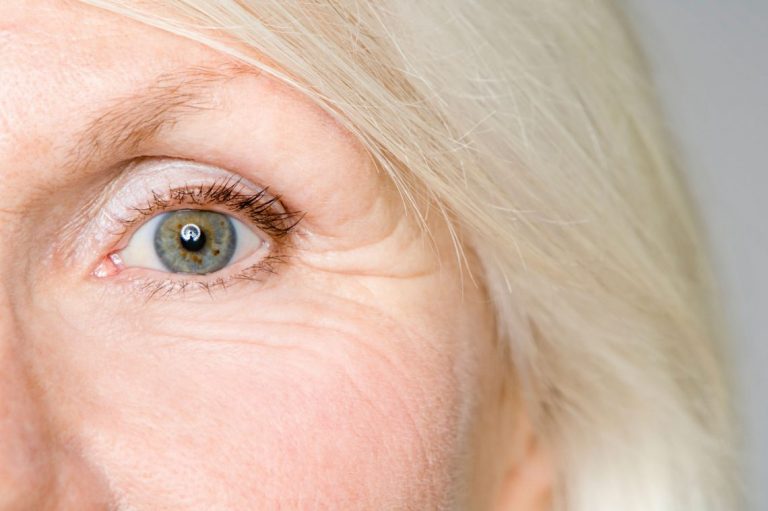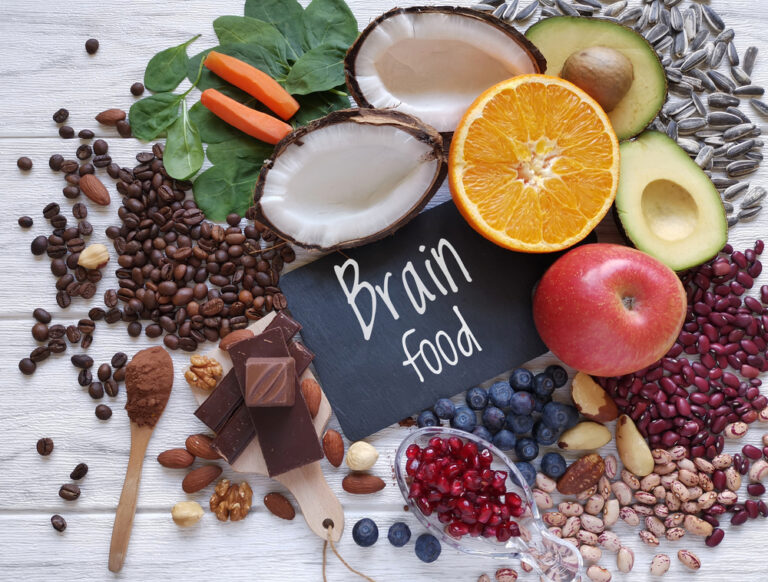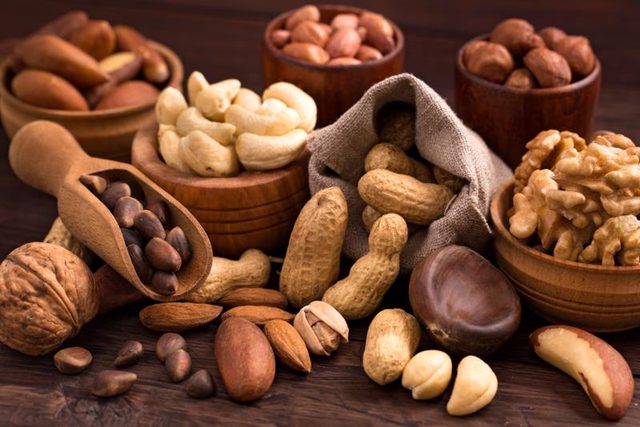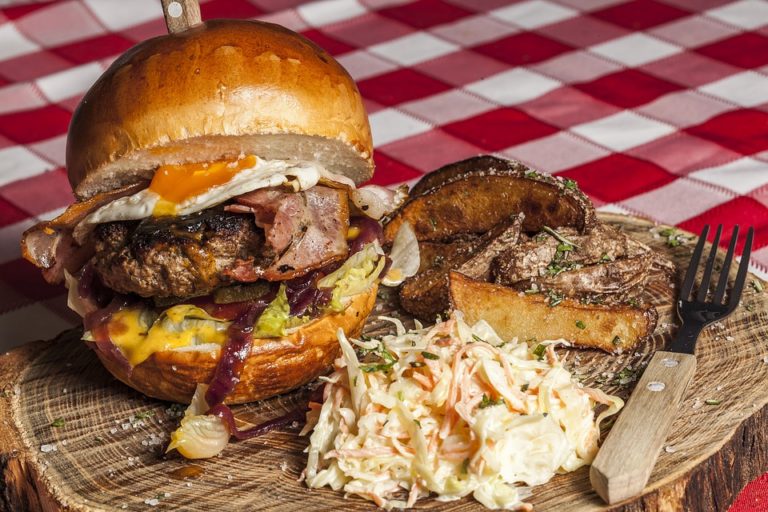
If you’re drinking a cup of tea while reading this article, you’re supporting just about every organ in your body. Unsweetened tea is rich in antioxidants, which prevent chronic diseases and help repair cells in the body. “Tea comes from the Camellia sinensis plant, which contains antioxidants known as catechins, most importantly epigallocatechin gallate (EGCG),” says Anthony Kouri, MD, an orthopedic surgeon in Toledo, Ohio. “These eliminate free radicals in the body and reduce inflammation.”
Your risk of certain cancers goes down
The antioxidants and compounds found in tea have been linked to a lower risk of certain cancers. “Beneficial effects have been found in skin, prostate, lung, and breast cancers,” says Uma Naidoo, MD, Director of Nutritional and Lifestyle Psychiatry at Massachusetts General Hospital and Faculty at Harvard Medical School. “Different types of tea impact different cancers.”
Your skin will be healthier
Drinking black tea regularly can significantly reduce your risk of skin cancer. Interestingly, how you prepare it makes a difference. “Hot black tea is helpful for squamous carcinoma of the skin,” says Dr. Naidoo. Hot tea has been found to be more beneficial than the iced alternative and brewing time matters.
Your risk of diabetes decreases
Drinking black tea every day can lower your risk of type 2 diabetes by helping to control your blood sugar after meals. According to a study in the Asia Pacific Journal of Clinical Nutrition, black tea can lower your blood sugar and after eating foods containing sucrose.
Your teeth will be stronger
While sipping tea throughout the day could slightly stain your teeth, it may be worth it. According to a study in the Journal of Oral and Maxillofacial Pathology, green tea has an antibacterial effect that could reduce cavity-forming bacteria in your mouth. Drinking green tea every day could also make cavities less severe.
Your heart will thank you
Tea’s anti-inflammatory properties can keep your blood vessels relaxed and clear, putting less stress on your heart. “Catechins reduce inflammation and thus inhibit plaque formation in vital arteries,” says Dr. Kouri. Dr. Naidoo recommends drinking three cups of black tea per day to achieve the heart benefits.
Your risk of Alzheimer’s disease could decrease
The thought of you or a loved one being diagnosed with Alzheimer’s disease is frightening. It’s important to know the early warning signs and do what you can to prevent it. “Green tea can help you develop resistance against stress, and potentially Alzheimer’s disease,” says Dr. Naidoo. “The polyphenols protect cells from damage.”
Your sleep could improve
If you spend your nights tossing and turning, try winding down with a cup of tea before bed. “East-Asian medicinal tea can improve insomnia,” says Dr. Naidoo. According to a study in Integrative Medicine Research, drinking tea can help improve sleep and quality of life in those with mild-to-moderate insomnia.
Your attention span may improve
The caffeine in tea can improve your attention and alertness. “Theanine is an amino acid that is virtually unique to tea (apart from the fungus Bay bolete),” explains Dr. Naidoo. “It may also improve attention by relaxing the brain, but stimulating it when it is time to focus.” If you ever find yourself having difficulty with focus or concentration, try steeping a warm cup of tea just before it’s time to work.
Your metabolism speeds up
Ready to speed up your metabolism while sitting at your kitchen counter? “The caffeine in tea helps to improve mental acuity as well as increase metabolism and fat burning (up to 100 calories per day),” says Dr. Kouri. Just be sure you’re not overdoing it in the caffeine department. One cup of green tea contains about 40 milligrams of caffeine, and Dr. Kouri recommends limiting your daily caffeine intake to no more than 300 to 400 milligrams.



